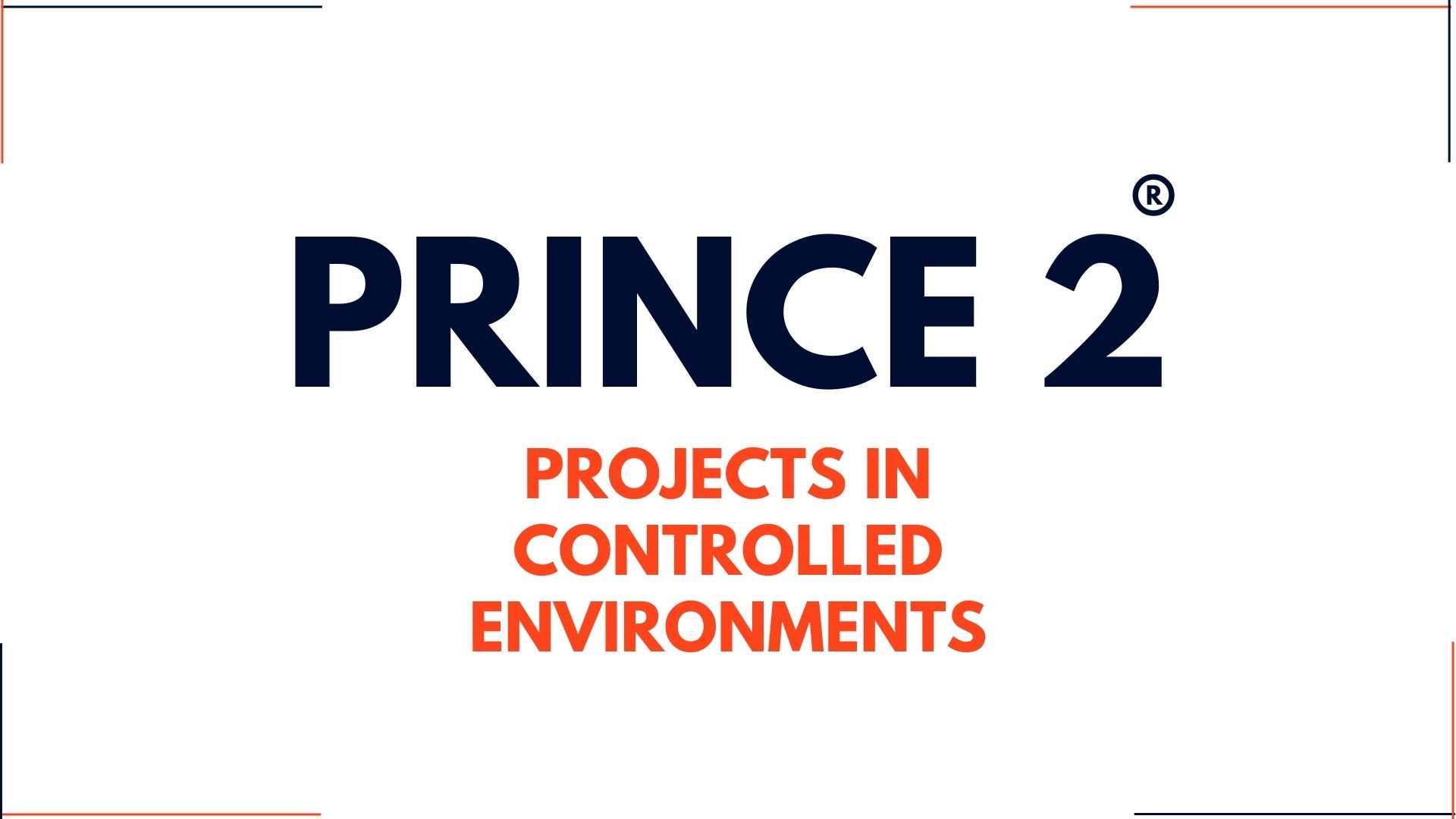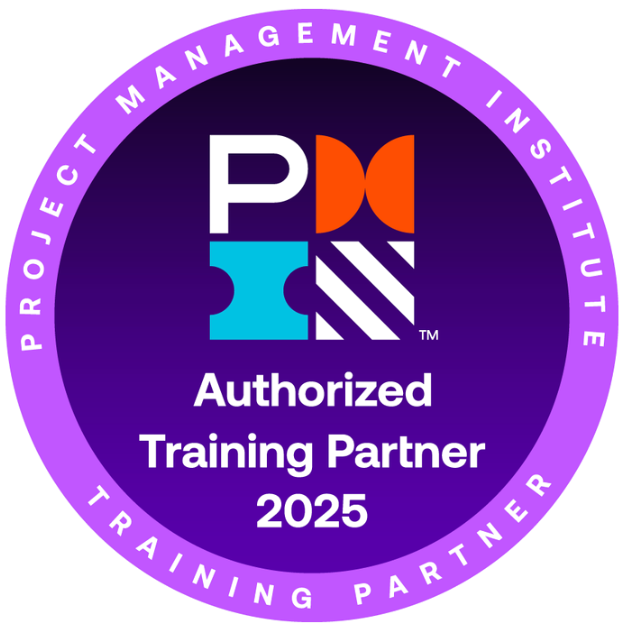PMP® vs PRINCE2 vs Agile: Which Certification Should You Choose?
In the world of project management, certifications are the golden ticket to unlocking career advancement, credibility, and the skills needed to manage complex projects. But with multiple options out there, how do you choose the right one for your career? The three major certifications that often come up in conversation are PMP® (Project Management Professional), PRINCE2 (Projects IN Controlled Environments), and Agile. Each has its unique strengths, and the right choice depends on your goals, industry, and the projects you plan to manage. Let’s break it down.

PMP®: The Heavyweight of Project Management
Overview:
The PMP® certification is arguably the most recognized project management certification worldwide. Issued by the Project Management Institute (PMI), it focuses on the traditional approach to project management, emphasizing a structured process for managing projects from start to finish.
Key Strengths:
- Widely Recognized: The PMP® certification is globally recognized and respected, making it ideal for those working in large-scale or international projects.
- Comprehensive Knowledge: The certification covers the entire project life cycle, from initiation to closure. It includes all areas such as risk management, procurement, scheduling, and quality management.
- Focus on Process: PMP® is grounded in process-oriented project management, ensuring that you have the skills to deal with project complexity.
Ideal For:
- Experienced Project Managers: PMP® is best for those who have a few years of experience managing projects and want to solidify their expertise.
- Industries Requiring Rigid Processes: If you’re working in industries like construction, engineering, IT, or healthcare, where detailed documentation and structured processes are crucial, PMP® is a strong choice.
What You’ll Learn:
- Project planning and scheduling
- Risk management
- Quality assurance
- Budget management

PRINCE2: A Structured Approach
Overview:
PRINCE2 is a globally recognized project management methodology, particularly popular in the UK and Europe. Developed by the UK government, it provides a flexible, structured approach to project management. Unlike PMP®, which is a certification, PRINCE2 is a methodology that can be applied to a variety of projects.
Key Strengths:
- Methodology-Driven: PRINCE2 provides a clear set of processes, roles, and responsibilities for managing projects, making it easy to implement in teams and organizations.
- Tailored to Different Project Sizes: Whether you’re managing a small project or a large, complex one, PRINCE2 provides the flexibility to tailor the methodology to suit your project’s needs.
- Scalable and Process-Based: The methodology’s focus on stages allows for better tracking, making it easier to assess the project’s progress.
Ideal For:
- Project Managers in Europe or Government-Supported Projects: If you're working in the UK or in government-driven projects, PRINCE2 may be the best certification for you. It’s also a great choice for professionals who enjoy structured, process-driven environments.
- Organizations with Multiple Projects: If your company manages many projects and needs a common framework to ensure consistency, PRINCE2 will provide the structure and scalability required.
What You’ll Learn:
- Managing stages in a project
- How to set clear roles and responsibilities
- How to apply flexibility within a structured framework
- How to manage risks and quality effectively

Agile: The Dynamic and Adaptive Approach
Overview:
Agile is a mindset rather than a rigid process. It focuses on flexibility, iterative progress, and responsiveness to change. While Agile is often associated with software development, its principles are now applied across multiple industries, especially in environments that require quick adaptations.
Key Strengths:
- Flexibility and Adaptability: Agile enables teams to adapt quickly to changes, making it ideal for fast-paced, dynamic projects.
- Focus on Delivering Value: Agile prioritizes customer collaboration and responding to feedback over following a strict plan.
- Iterative Process: Agile works in sprints, which means projects are broken down into smaller, manageable tasks that are completed and reviewed quickly.
Ideal For:
- Project Managers in Fast-Paced Environments: If you’re working in an environment like software development, marketing, or product development, Agile offers the flexibility needed for constant iteration.
- Companies Focused on Innovation: Agile works well in industries that require innovation and fast responses to market shifts or customer feedback.
What You’ll Learn:
- Working in sprints and cycles
- How to prioritize customer needs and feedback
- How to manage iterative releases
- Collaboration and team empowerment
How Do You Choose the Right One?
1. Your Industry:
- PMP® is ideal if you’re in traditional industries like construction, engineering, or healthcare.
- PRINCE2 is great for project managers in Europe or government-focused roles.
- Agile is best for those in industries like tech, software development, or marketing.
2. Project Size and Type:
- If your projects are complex with a need for a detailed, process-driven approach, PMP® or PRINCE2 might be the right fit.
- If your projects require flexibility and fast adjustments, Agile is a perfect choice.
3. Your Experience:
- If you have experience in project management and want to deepen your knowledge in a structured way, PMP® is highly recommended.
- For a methodology-driven approach with a focus on project stages and roles, PRINCE2 would be ideal.
- For those with a passion for adaptive methods and delivering value, Agile will teach you how to work iteratively and flexibly.
Conclusion: Choose Wisely Based on Your Career Goals
Each certification offers unique benefits. PMP® is best for traditional, process-driven industries. PRINCE2 is a structured approach with flexible options suited for large organizations or government projects. And Agile is a dynamic, flexible choice for fast-moving industries that require quick adaptations. When choosing your certification, consider your industry, your personal career goals, and the type of projects you want to manage.
- Ultimately, whichever certification you choose, they all open doors to better career opportunities, improved project management skills, and the ability to lead teams toward successful project outcomes.



